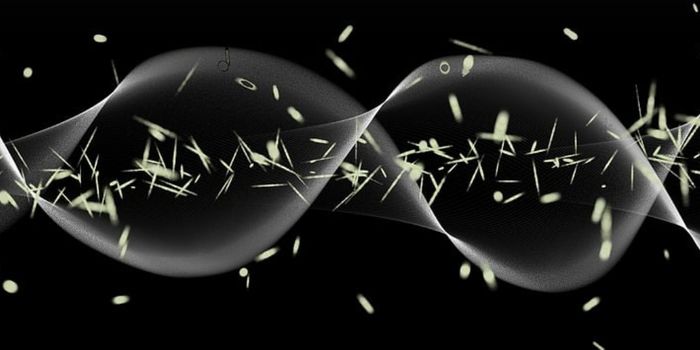A week ago, I wrote
this article about PDE4B inhibitors to treat traumatic brain injury (TBI). This kind of inhibitor is mostly meant for a moderate to severe level TBI with treatment initiating at 3 months after injury. TBIs can be classified on a scale of moderate to severe and can range from a bump on the head to a fatal injury. A TBI is considered mild when there is no visible, objective structural brain damage, but patients can still experience lasting symptoms due to the biochemical and cellular changes that occur upon injury. Mild TBI (also known as a concussion) is a fairly common injury, especially among children, the elderly, and athletes. While a PDE4B inhibitor is great for long-term treatment of a TBI, what about immediate treatment for mild TBI to reduce the secondary, cellular damage? There are currently no drug therapies to treat any level of TBI, and there would be a huge market for such a treatment.

A recent paper published in PLOS One describes an immediate treatment that was successful at preventing the lasting damage of a mild TBI in mice. This treatment targets thioredoxin, a protein that is part of a signal cascade that causes inflammation. In its reduced form (remember OIL RIG: Oxidation Is Losing an electron, Reduction Is Gaining an electron), thioredoxin is bound to another protein, ASK1, which is released when thioredoxin is reduced. When this system is compromised, thioredoxin remains oxidized and, with ASK1, sets off a signal transduction mechanism that causes inflammation and eventual cell death.
To prevent this pro-inflammatory signal cascade, the researchers designed three different peptides that mimic the thioredoxin active site to take the place of the oxidized thioredoxin that is bound to ASK1 and sequestered. These are called thioredoxin mimetic peptides, or TXM-peptides and the three different peptides that were tested are called TXM-CB3, TXM-CB13, and AD4.
The mild TBI in mice was induced with a weight drop closed-head injury delivered under anesthesia. One hour after injury, the mice were given one dose of one of the peptides. Learning and cognition were evaluated 7 and 30 days post-injury with behavioral tasks. The behavioral deficits seen with an untreated mild TBI were reversed by the single dose of TXM-CB3 and TXM-CB13. AD4 worked as well, but had a less robust effect on learning and behavior. To see if these peptides were acting as expected, they were applied to human neuroblastoma cells and inflammatory markers were evaluated. All 3 of the peptides reduced the oxidative stress-induced phosphorylation of multiple pro-inflammatory molecules and enzymes.
Considering that up to 50% of people who have experienced a mild TBI continue to experience cognitive symptoms a year after the injury, it is imperative to find a way to effectively treat the secondary damage that consists of inflammation, blood brain barrier permeability, glutamate toxicity, and oxidative stress. Something like these peptides that can be administered soon after injury to prevent lasting damage would be a great tool to combat the “silent epidemic” of TBI.
Sources:
Fierce Biotech and
PLOS One










